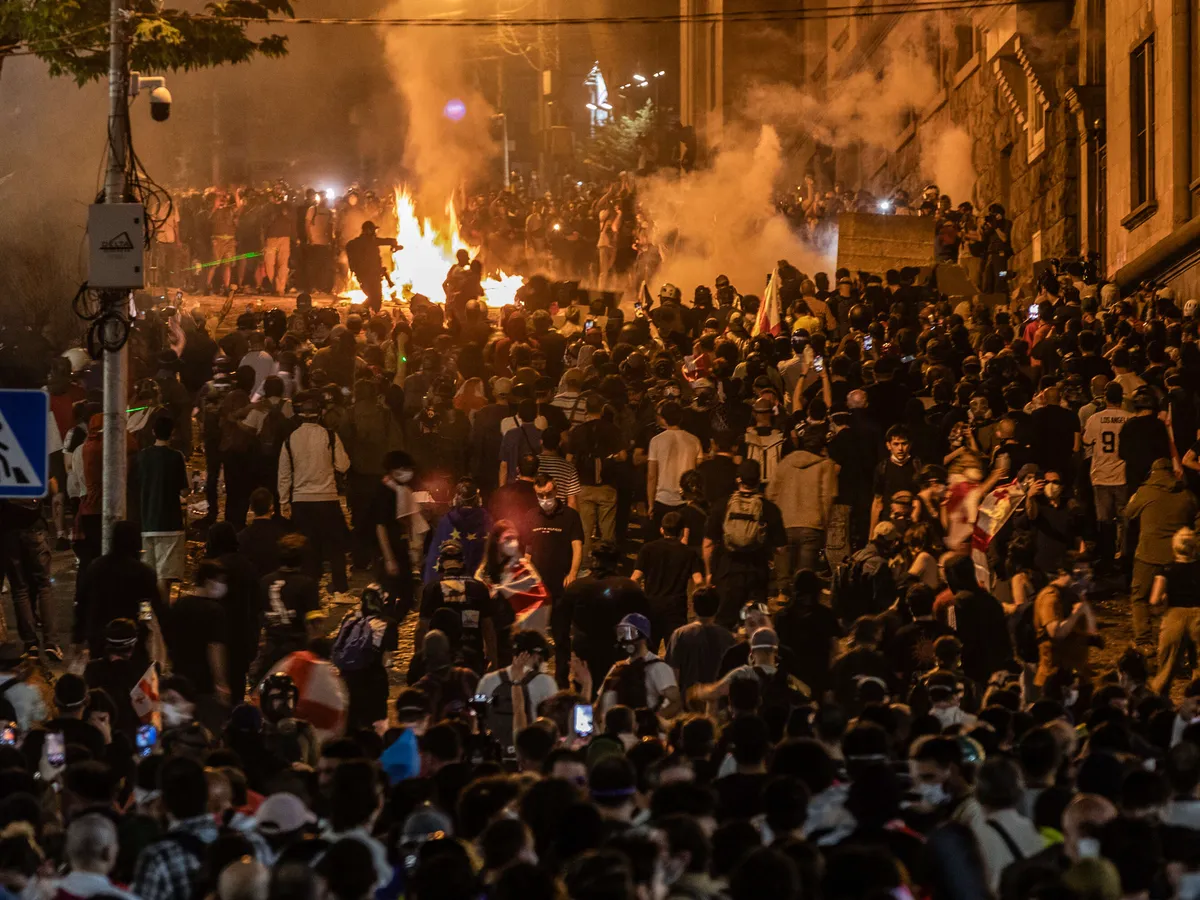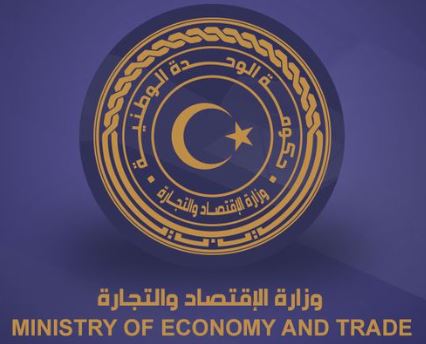
This week’s protests in Georgia have been met with a strong condemnation from the Italian foreign policy institute ISPI, which closely monitors Eastern Europe, Russia, and the Caucasus. The institute considers the situation in Georgia to be serious, particularly given Russia’s reaction to the protests and its recent legal project aimed at cracking down on non-governmental organizations.
The underlying cause of the protests is a legal bill proposed by the Georgian government that requires any organization receiving at least 20 percent of its funding from foreign sources to declare themselves as “agents of foreign powers.” This bill has been met with opposition from civil society and human rights advocates, who argue that it undermines Georgia’s democratic values and freedom of expression. The bill was previously attempted last year but was withdrawn due to widespread protests.
However, the European Union (EU) high representative for foreign policy, Joseph Borrell, has condemned the use of excessive force by riot police in Tbilisi to break up peaceful assembly in Georgia. Borrell emphasized that such actions are inconsistent with EU values and threaten Georgia’s EU candidacy status.
ISPI researchers believe that this bill has exacerbated an existing political crisis in Georgia, dividing the country between pro-European integration groups and an increasingly authoritarian populist government. The Kremlin has accused Western governments of stoking anti-Russian sentiment among Georgians and defended the controversial bill as necessary to combat foreign influence in domestic affairs.
Despite these challenges, Georgian civil society has demonstrated vitality and determination through their protests, drawing comparisons to Ukrainian activism. ISPI researcher Eleonora Tafuro Ambrosetti emphasizes the importance of monitoring Russian media coverage of these demonstrations and how they attempt to discredit protestors’ motives. She believes that this situation remains complex with ongoing tensions within Georgia and geopolitical ramifications beyond its borders.
Overall, researchers see this escalation as a result of various factors including political tension within Georgia itself but also because of external forces such as Russia’s stance towards its neighbors. As such, it remains important for international community leaders to continue engaging with Georgian leaders while expressing concerns about human rights violations occurring during peaceful assembly.






